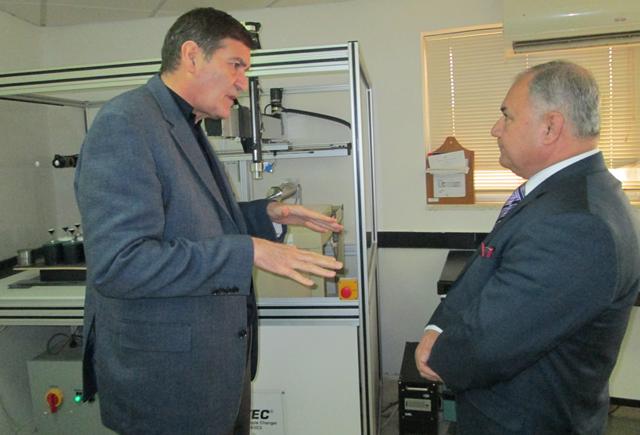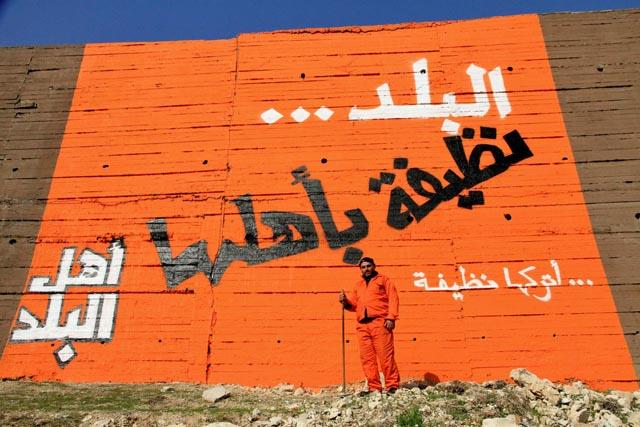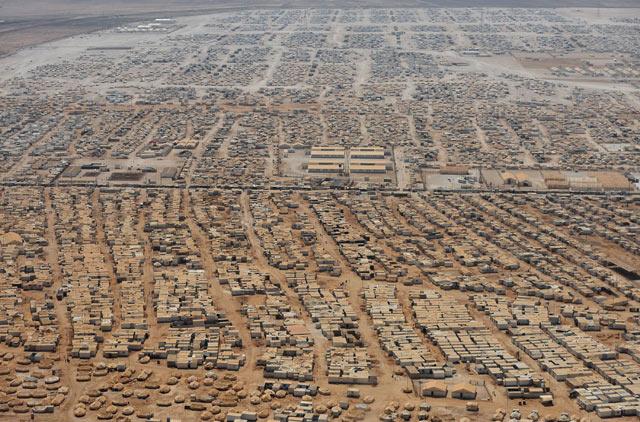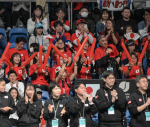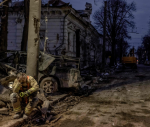AMMAN — Jordan has proposed that the UN Security Council (UNSC) adopt the expected outcomes of the Geneva II conference, slated for January 22, and make it mandatory for all parties to implement any peace resolution that might be forged during the conference.
“It may be useful if the Security Council adopts the outputs of this international conference when achieved, and issues a resolution that makes it mandatory for all parties to implement these outputs,” said Foreign Minister Nasser Judeh as he presided over the council’s regular session on the Middle East on Monday.
Jordan was almost unanimously voted as a non-permanent member of the UNSC by the UN General Assembly member states late last year and is now assuming the body’s rotating presidency.
In his remarks at the meeting, Judeh said the international conference, to be held in Montreux, Switzerland, “is an opportunity that should not be wasted to put this political solution on the right track through the cessation of hostilities”, to be followed by setting up an executive body where the entire Syrian spectra is represented.
“It should have full authority to act immediately to restore internal harmony in Syria, with complete jurisdiction over all the Syrian territory, in a manner that ensures the country’s territorial integrity and political independence. This executive body should have full control and sovereignty over weapon arsenals, pave the way for a pluralistic and democratic political system, and work to restore security and stability to encourage the voluntary return of internally displaced persons and refugees in neighbouring countries, foremost of which is Jordan,” said Judeh, who will lead Jordan’s delegation to the peace conference, according to Foreign Ministry Spokesperson Sabah Al Rafie.
“The delegation will present Jordan’s position which stresses the importance of arriving at a political solution for the crisis in Syria,” she said in reply to a question in this regard.
She confirmed Jordan’s expectations of the UNSC to support the resolutions of Geneva II if parties agree to a peaceful solution.
“Jordan hopes that the Geneva conference will result in an agreement and it supports the adoption of such an agreement by the Security Council,” the spokesperson pointed out.
She added: “The Kingdom’s representatives will also highlight the consequences of the absence of a political solution on regional and international security, particularly in terms of spurring radicalism and igniting religious and sectarian tensions.”
Judeh highlighted the burden Jordan is shouldering as the largest host of Syrian refugees.
“As you know, we are currently hosting about 1.3 million Syrian citizens, including nearly 600,000 who have taken refuge in Jordan since the outbreak of the crisis three years ago. We share with these brothers and sisters our already limited resources, with the cost of their hosting estimated at about $1.8 billion annually. We call upon the international community to help us meet the challenges we have risen to on behalf of the entire humanity,” Judeh said.
Mideast peace
Judeh reiterated in his speech that Jordan’s interests must be protected in any peace deal between the Palestinians and the Israelis, noting that the Kingdom is also the largest host of Palestinian refugees.
“We are the world’s largest host of Palestinian refugees, who are Jordanian citizens in addition to their status as refugees, and it lies at the heart of our responsibilities to protect and restore their legitimate rights recognised by the international terms of reference pertaining to the peace process. As a host country, we, in turn, have rights for the burdens we have shouldered,” he said.
In addition to the refugee issue, the foreign minister detailed how final-status issues affect Jordan’s interests, including borders, security, the fate of Jerusalem and water.
He renewed Amman’s support for the US efforts to push forward the peace process and commitment to these efforts.
“Our unyielding commitment to achieving peace is based on the firm conviction that ending the Israeli-Palestinian conflict leads to an end to the broader Arab-Israeli conflict, which would, in turn, result in the elimination of many other sources of tension in the region.”

